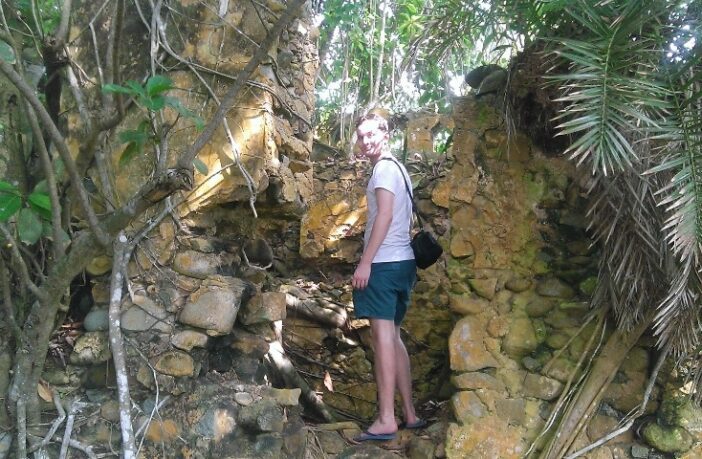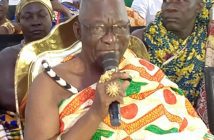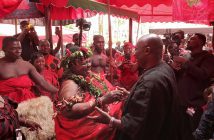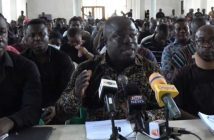Akwidaa, is a small town and fishing village in Ahanta West district, in the Western Region of south-west Ghana, a Twi word meaning old man, who during Dutch colonial times, used to convey people across the river.
In the late 17th and early 18th Century (April 1684 – 1687, 1698–1711, April 1712 – 1717) Akwidaa, then known as Fort Dorothea, was the smaller of two forts that constituted a German colony, the Brandenburger Gold Coast. It was the focus of a struggle with the Dutch, who occupied it in 1687–1698 and to whom the Brandenburgers finally sold it to.
The economy of Akwidaa town is primarily based upon fishing, with many fishing boats lining the beach.
The town and fishing village has Ezile bay village and the Green Turtle Lodge with eight thatched solar-powered huts facing the beach alongside a bar and dining, named after the many green turtles that lay their eggs on Akwidaa beach.
The recent oil discovery in Ghana has also made Akwidaa a new place for investment due to its oil reserve near Cape Three Point built by Brandenburgers, in 1685. Given back to Brandenburgers, in 1698, it was abandoned around 1709. Later in the hands of the Dutch, in 1712, who relinquished to the Brandenburgers in 1712, finally sold it to the Dutch, in 1718.
History
In 1683, the Brandenburger Company built a lodge in Akwida, east of Cape Three Points in the Western Region of Ghana in 1683. According to Albert van Danzig, Fort Dorothea was originally built as a small triangular building. Situated on a promontory and the end of a peninsula between the mouth of the Suni River and the sea, it had much natural protection’ .
The lodge was captured in 1690, and enlarged into a fort by the Dutch. It was renamed, Fort Dorothea. It is currently preserved as a ruin.
Activities to engage in
One can hike Fort Dorothea, the Akwidaa Fort for a sneak peek into history. From the top of Dorothea’s rounded rocky hill, you will enjoy stunning views of the surrounding area. Note: the land around the ruins of the fort is considered sacred ground, as it serves as a cemetery for the Akwidaa royal family. As such, you must seek permission before trekking to the site.
SOURCE: www.visitghana.com





